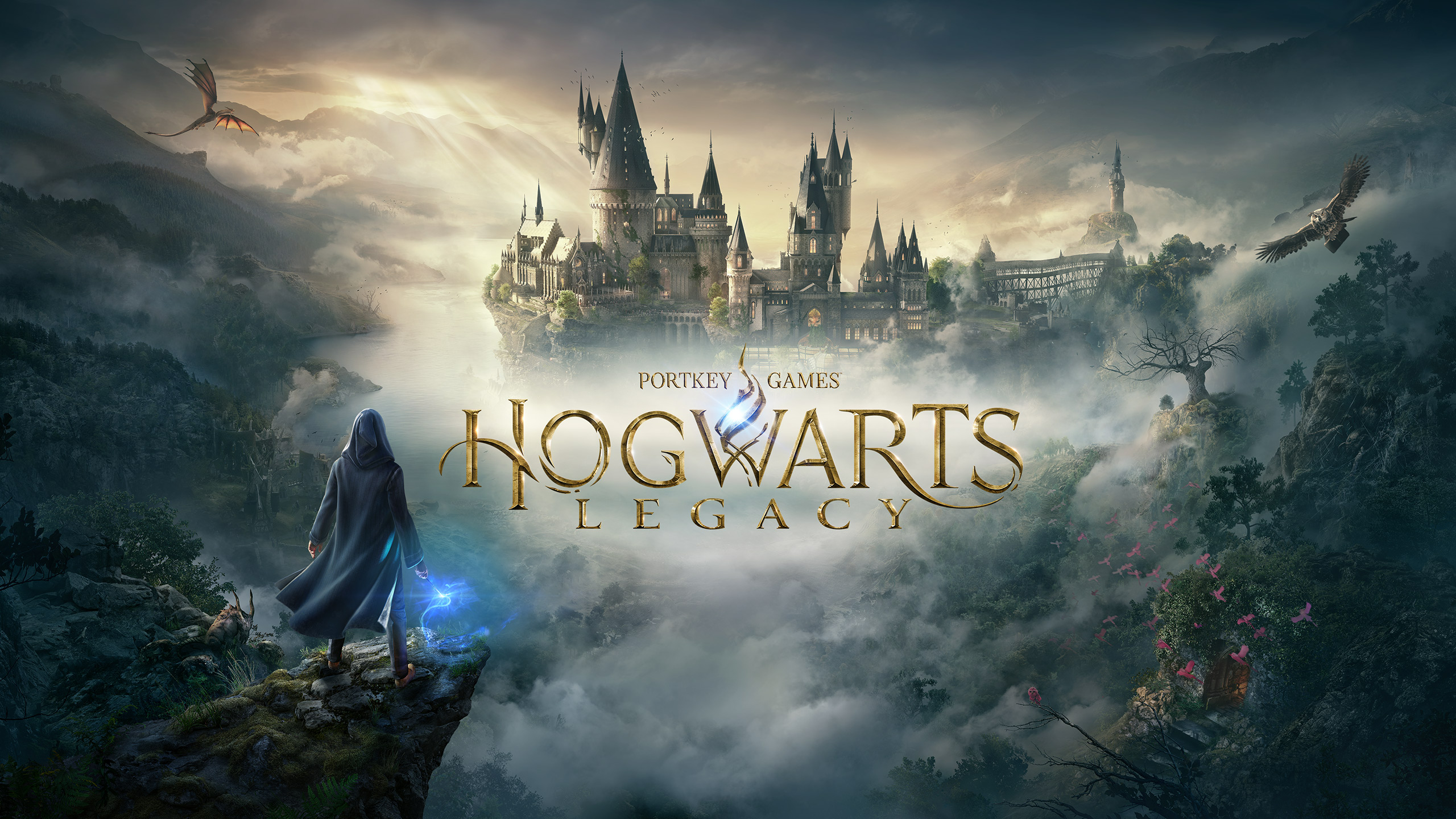This essay is going to be fairly short, as I’ve found myself distracted by recent discourse on Hogwarts Legacy. When I first read up on this game, it seemed like self-insert fantasy based in JK Rowling’s Hogwarts setting. The self insert in this case is your own customizable character. In fan fiction amateur writers insert themselves into someone else’s setting. Here you don’t even have to put in the effort to write it. I’m not one to “game” frequently, but when I do I’m looking for an immersive and enriched experience. I also prefer reading the stories of established characters to inserting my own, but that’s my personal approach. Obviously, I wouldn’t care about this game.
Me being trans had nothing to do with it.
However, I do know of the controversy surrounding JK Rowling. This was obvious when she proudly defended her transphobic friend, Maya Forstater. Forstater threw a tantrum after her contract expired without the chance of renewal. This occurred after she reportedly harassed a trans woman online. Not long after JK Rowling defended Forstater, she would go on to release the TERF manifesto, borrowing from an old branch of feminism that she likely wasn’t even a part of. Enter the present day and she’s known as a rancid “gender critical” stochastic terrorist, who deliberately spreads misinformation and stereotypes that perpetuate harm against trans people.
In light of her behavior, some wished to boycott Hogwarts Legacy, an understandable response. People argued that purchasing this game ultimately meant financially supporting a bigot, which is true. In desperate fashion, brown lipstick advertisers responded by paraded this self-insert low fantasy game across every youtube video in sight, until I blocked the ad for spam reasons. What was the average mosquito’s lifespan of annoyance should have ended then, but the internet thought otherwise. Widespread public discourse has made it difficult to talk to other LGBT friends without this topic popping up. Hence, it lives on in my head and social spaces like the cockroach that it is.

However, what I disagree with is the notion that boycotting this video game will meaningfully limit JK Rowling’s ability to use her influence and wealth to harass trans people half her age online, or spread hateful rhetoric about them. She will remain famous as she was before this game, and will maintain a following that carries with it the same energy as Kiwi Farms. The financial support she receives from the typical reactionary is truly a drop in the bucket of wealth she already possesses. There is simply no stopping her tirades from reaching the ears of everyone partially adjacent to politics.
Hence, purchasing this game is a matter of personal morals and is up to the individual. I don’t financially support JK Rowling anymore than I would Matt Walsh, as I’m both mature and responsible enough as an adult human being to be conscious of my own financial decisions. My decision not to purchase this game could be seen as a moral decision even if I didn’t see the game being remotely worth the money, Jewish goblin stereotypes and pro-slavery arguments aside. I am morally conscious enough not to give support to bigots, a feat I’d rather not be proud of. Unfortunately that means I won’t be enacting any final solutions to the goblin question any time soon.
Still, the question you’re probably asking is if I think it’s wrong for you to purchase “Hogwarts Legacy.” I’ve seen this game succeed in a way that betrays ambivalence to the real issues surrounding it. To put it simply, lazy consumers refuse to engage with the moral consequences of supporting someone like Rowling, an attitude that ultimately betrays underlying transphobic values, just as it does bigoted beliefs on a general note. I can’t assume everyone knows about JK Rowling, but I can easily see a chunk of the population knowing enough of JK Rowling but refuse to consider it any further. The reality is, most care more about their personal enjoyment than social issues like this.
Bigotry is as pig headed, lazy, and cowardly as it is harmful. When bigots aren’t willing to deal with the emotional weight and shame that naturally follows outward expression of their beliefs, they internalize them. There they persist as the exact bias that poisons their perspectives. This bias can motivate dating preferences, which side people take in complicated discourse, and even what they decide to buy.
However, this is a personal choice people must make on their own. I’m not here to hold hands anymore than I am to guide my liberal “allies” along the right path. If you wish to behave like an adult, reflect on your values, engage meaningfully with the literature surrounding trans rights, and make responsible decisions with your money, good for you. It would certainly distinguish you from the vapid consumers that purchased multiple copies of a sub par RPG for no better reason than “owning the libs.”
Counter Points
You can’t pass judgement on people who aren’t aware of the context surrounding Hogwarts Legacy.
I’m not. I start the essay by briefing the readers on what JK Rowling has done and what she believes. If you don’t believe me, check her twitter. This is largely an anti-policing essay, not because I’m in the business of being nice to others, but because policing others is a waste of my time. This is a criticism of lazy consumerism.
You also support companies that do child labor offshore.
I am in favor of radical policies to disallow exploitation of the global south, but I still need a laptop to run this blog. I don’t need a video game. This counter is a meaningless Tu Quoque, barely worth a response. Lazy consumerism is present within all of us. Most don’t have the time of day or consideration to think twice about what they buy. This is a rare exception where they actually can, because of the discourse surrounding it.
